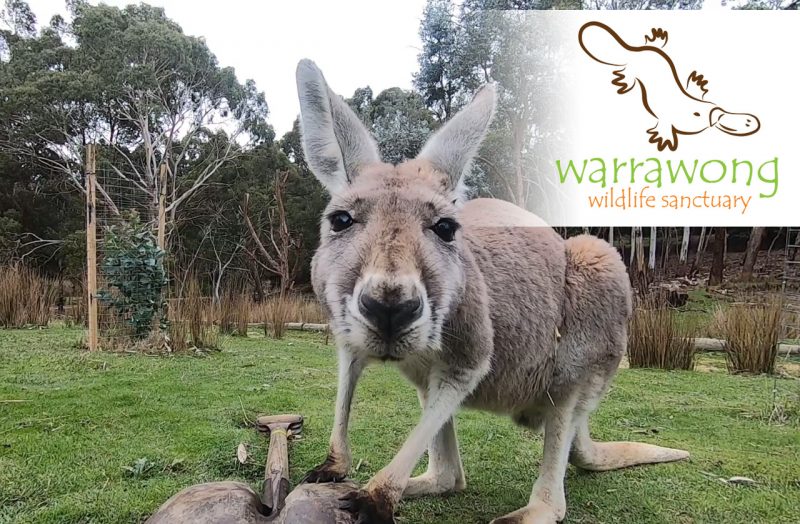
Degradable, biodegradable or compostable? Selecting the best option is a challenge many consumers face every day. Uncertainty about these three definitions can make it difficult to correctly dispose of our plastic waste products.
Plastic consumption has increasingly become a major issue for our environment. Every year, about 8 million tons of plastic waste escapes into the oceans from coastal nations. That’s the equivalent of setting five garbage bags full of trash on every foot of coastline around the world – sources: The world’s plastic pollution crisis explained, www.nationalgeographic.com/environment/habitats/plastic-pollution/
The more we can do to reduce plastic consumption, the greater chance our planet has to remain a livable place.
The terminology is often not clear or even incorrect and can lead people to believe a product won’t negatively impact the environment. This is not always accurate and can create more problems than we, as consumers, try to solve.
Fully biodegradable or compostable products are better for the environment because they are made from plant materials which don’t harm the environment when breaking down. However, fully biodegradable products as well as compostable products need the right environment to break down properly.
In this paper we have collated a clear overview of the three options so that you can make an informed decision next time you decide to use a plastic product.
Read the full article: Let’s Sort It (326kb PDF)
Also see our Grow blog article: Where do my tree guards end up? Environmental downside of revegetation for more information.
South Australia
18 Follett Close
Mount Barker SA 5251
New South Wales
14 Rennie Street,
Wetherill Park, NSW 2164
Victoria
56-60 Woodlands Drive,
Braeside, VIC 3195
Phone 1300 760 642
Prompt Australia-wide Delivery
Free* freight on all orders over $400+gst to anywhere in Australia
*excludes bulky items